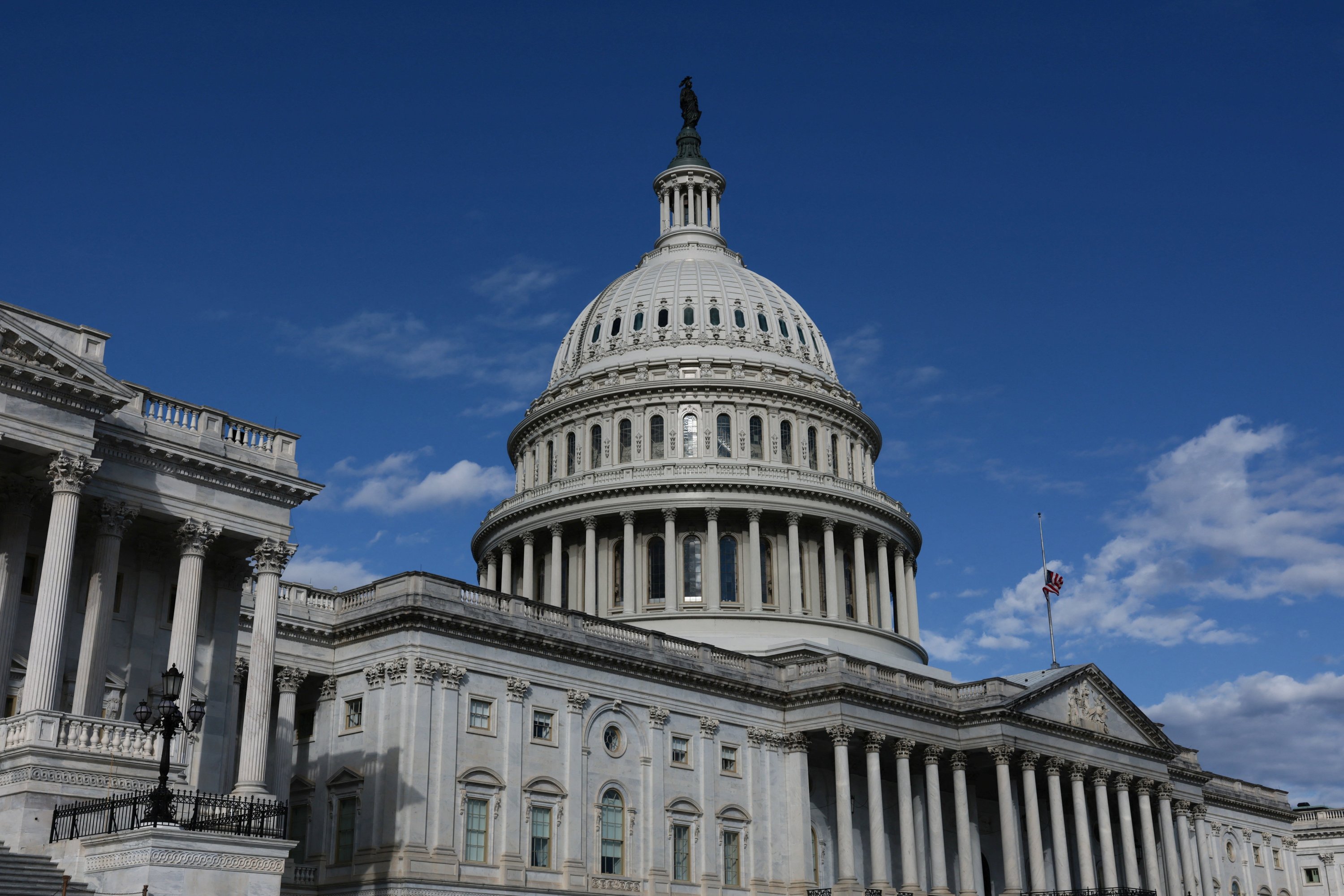





0
The Senate voted Monday night to approve a bipartisan bill that would reopen the federal government and provide funding through the end of January, bringing an end to the longest shutdown in U.S. history.

The measure passed 60–40, with backing from most Republicans and several Democratic senators. It now moves to the House of Representatives, where lawmakers could vote as early as Wednesday. If approved, the legislation will head to President Donald Trump, who has signaled his support for the agreement.
The funding deal emerged from negotiations between Senate Republicans and a group of moderate Democrats, nearly six weeks after the shutdown began on October 1. House Speaker Mike Johnson urged GOP members to return to Washington ahead of the expected midweek vote.
However, one point of contention remains. Before the Senate vote, Johnson declined to commit to a key Democratic demand — a separate December vote on extending enhanced Affordable Care Act subsidies. Those subsidies, expiring at the end of December, help lower insurance costs for more than 20 million Americans. Democrats had previously blocked reopening efforts that did not guarantee an extension of the ACA tax credits.
Senate Minority Leader Chuck Schumer criticized the compromise, arguing that the agreement fails to secure long-term protections for the subsidies, which he said could leave millions facing higher healthcare costs in 2026.
Beyond reopening federal agencies, the deal restores pay for furloughed workers and reverses layoffs that occurred during the shutdown. It also funds the Supplemental Nutrition Assistance Program (SNAP) through September, supporting around 42 million Americans who rely on food stamps.
In addition, the legislation includes measures to promote a more bipartisan budget process and limits the White House’s ability to repeatedly rely on continuing resolutions (CRs) — short-term funding measures often used to avoid shutdowns without addressing long-term budget needs.
Under existing federal law, furloughed government employees are entitled to receive back pay for the shutdown period “at the earliest possible date.”
If passed by the House and signed by President Trump, the bill would mark the official end of the historic standoff and allow federal operations to resume in full by the end of the week.
Disclaimer: The information contained herein (1) is proprietary to BCR and/or its content providers; (2) may not be copied or distributed; (3) is not warranted to be accurate, complete or timely; and, (4) does not constitute advice or a recommendation by BCR or its content providers in respect of the investment in financial instruments. Neither BCR or its content providers are responsible for any damages or losses arising from any use of this information. Past performance is no guarantee of future results.
More Coverage
Risk Disclosure: Trading Contracts for Difference on margin carries a high level of risk, and may not be suitable for all investors. By trading Contracts for Difference, you could sustain a loss of all your deposited funds. BCR makes no recommendations as to the merits of any financial product referred to on our website, emails, or related material(s). The information contained on our website, emails, or related material(s) does not take into consideration prospective clients' trading objectives, financial situations, or investment needs. Before deciding to trade the Contracts for Difference offered by BCR, please ensure that you have read our Product Disclosure Statement , Financial Services Guide , Target Market Determination and have sought independent professional financial advice to ensure you fully understand the risk involved before trading.
"BCR" is a registered business name of Bacera Co Pty Ltd, Australian Company Number 130 877 137, Australian Financial Services Licence Number 328794.
Business Address: Suite 3, Level 18, 201 Elizabeth Street, SYDNEY NSW 2000 | Registered Address: Level 1, 6-10 O'Connell Street, SYDNEY NSW 2000
The information on this site is not directed at residents of any particular country outside of Australia and is not intended for distribution to, or use by, any person in any country or jurisdiction where such distribution or use would be contrary to local law or regulation.